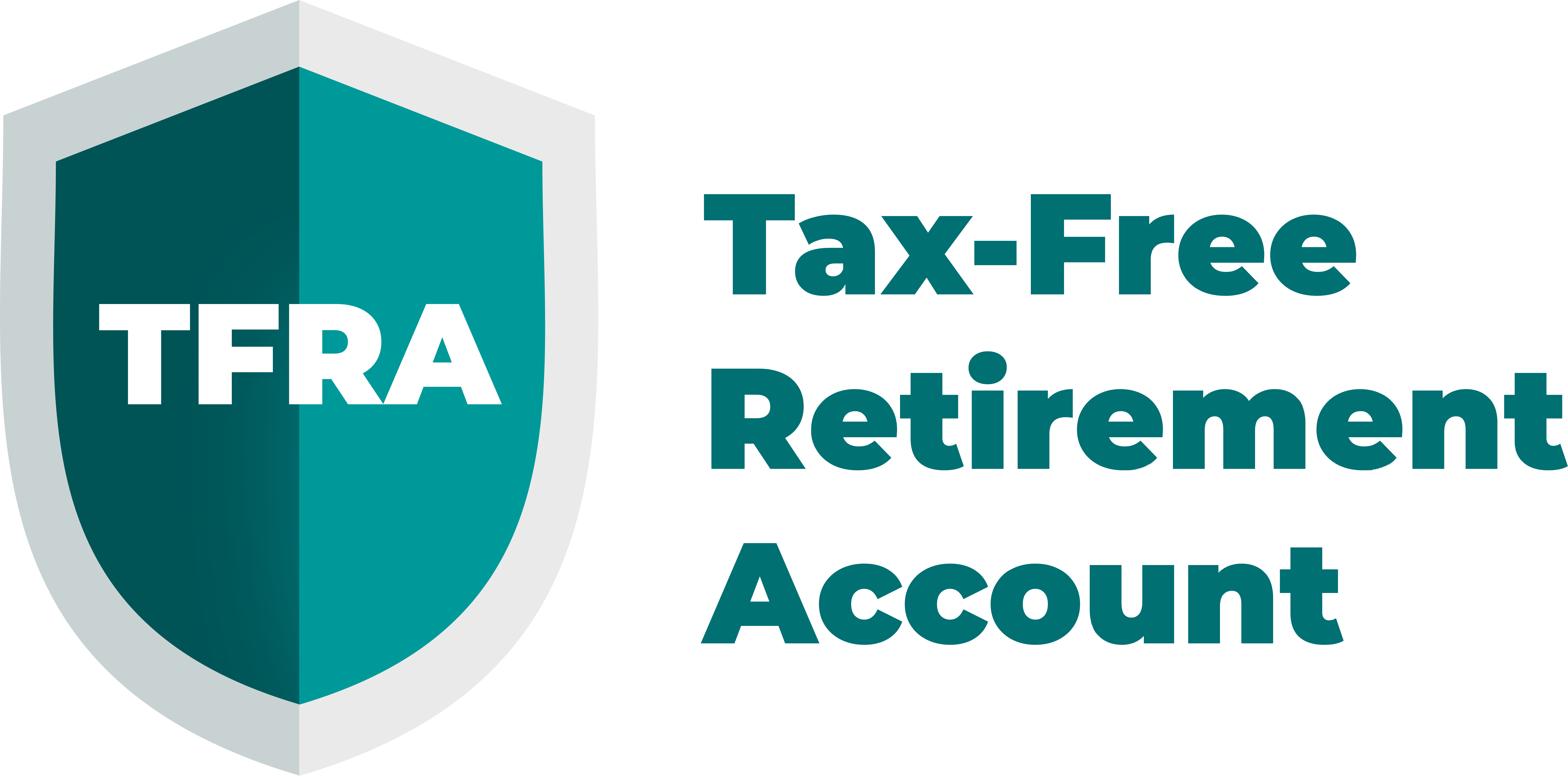5 Things You Must Know About Inflation
And How It Applies To the TFRA
1. Inflation Is A Historic Reality
- The CPI-W (Consumer Price Index for Urban Wage Earners And Clerical Workers) is used to track inflation and annually adjust benefits paid to Social Security beneficiaries and Supplemental Security Income recipients. Back in January 2000, the CPA was 165,600. By December 2022, it was 291,051, not quite double. That’s a steep reduction in the dollar’s buying power over the last 22 years. As an example, $100 worth of groceries purchased in January 2000 might have cost $175.76 in December 2022 according to the CPI-W.
2. Inflation Is Part of the Federal Reserve’s Monetary Policy
- There is always a lot of discussion about inflation increases in the U.S. and a good retirement plan will take inflation into account. The inflation rate was 1.8% in July 2019 compared to December 2022, when it was 6.5%. (For context, back in July 1980, it was 13.1%.) The Federal Reserve is always preparing for future inflation, and targets 2% as a healthy mark, raising interest rates to control inflation as it sees fit. In January 2023, Federal Reserve Governor Christopher Waller said, “We still have a considerable way to go toward our 2% inflation goal, and I expect to support continued tightening of monetary policy.”
3. COLA (Cost Of Living Adjustments) Are Made to Social Security Payments Based On Inflation
- Legislation enacted in 1973 provides for cost-of-living adjustments or COLAs to help Socal Security and Supplemental Security Income (SSI) benefits keep pace with inflation. Final COLA announcements for the upcoming year are generally made in October. Currently, increases are based on the rounded Consumer Price Index for Urban Wage Earners and Clerical Workers (CPI-W). Cost data is collected within eight overall categories – food and beverages, housing, apparel, transportation, medical care, recreation, education/communication, and others.
4. Consumer Price Indexes: CPI-W Versus CPI-E
- Economists at the Bureau of Labor Statistics (BLS), part of the United States Department of Labor, say their indexes may not accurately reflect how each person spends money. In other words, statistics are averages. The Bureau publishes different indexes for different group, including the CPI for Urban Wage Earners and Clerical Workers (CPI-W), the CPI for All Urban Consumers (CPI-U), the Chained CPI for All Urban Consumers (C-CPI-U) and many others. Because the CPI-W is only for urban wage earners, some groups criticize its use in determining the Social Security COLA for retirees. Many believe that Consumer Price Index for the Elderly (CPI-E) – for Americans 62 years of age and older – should be used in calculating annual Social Security COLAs.
5. Inflation Solutions
- Once you realize how inflation is calculated, and how detrimental inflation can be when you’re on a fixed income, you’ll want to search for solutions that will help you in retirement. Our goal is to help you in retirement. Our goal is to help your retirement income cover inflation increases and protect your purchasing power over your retirement lifetime.
